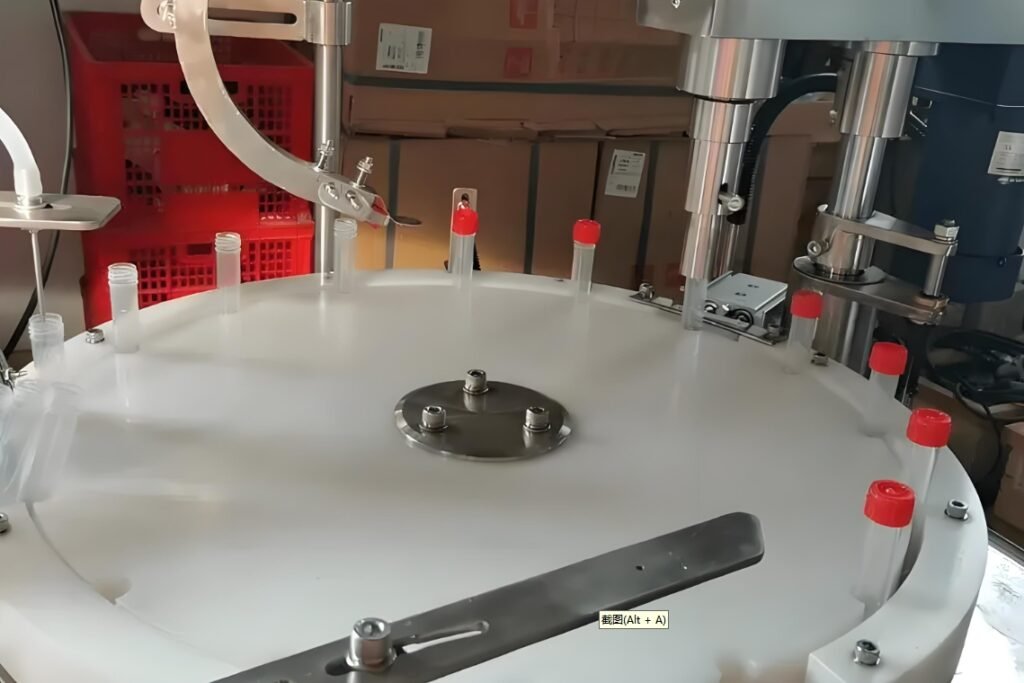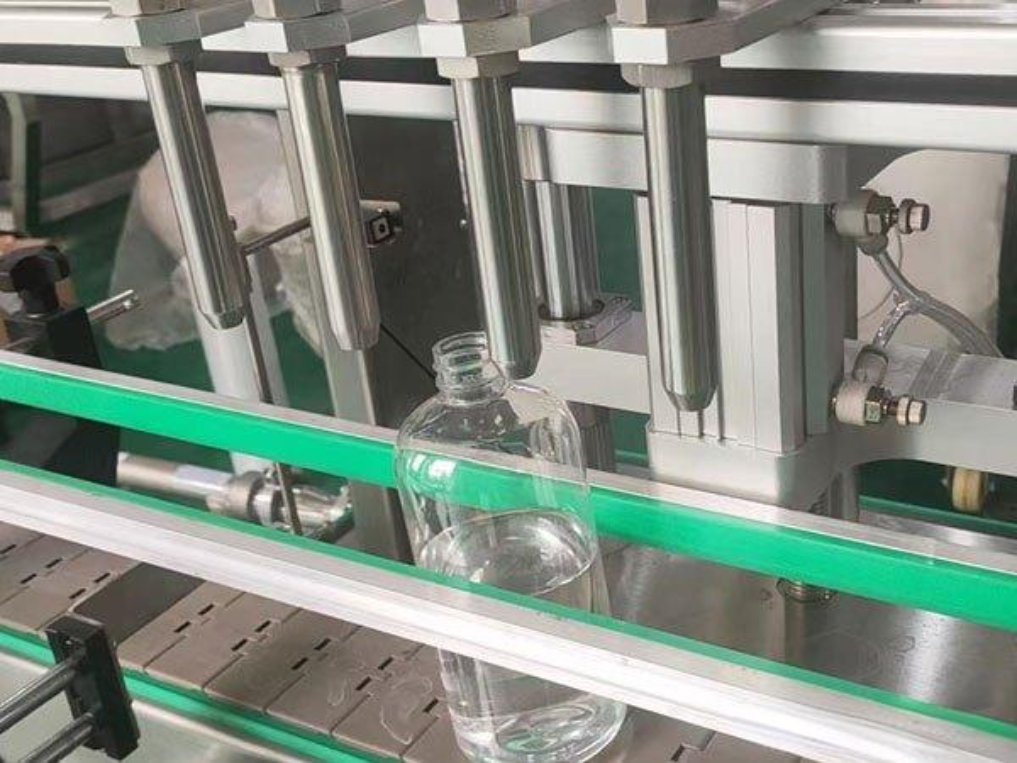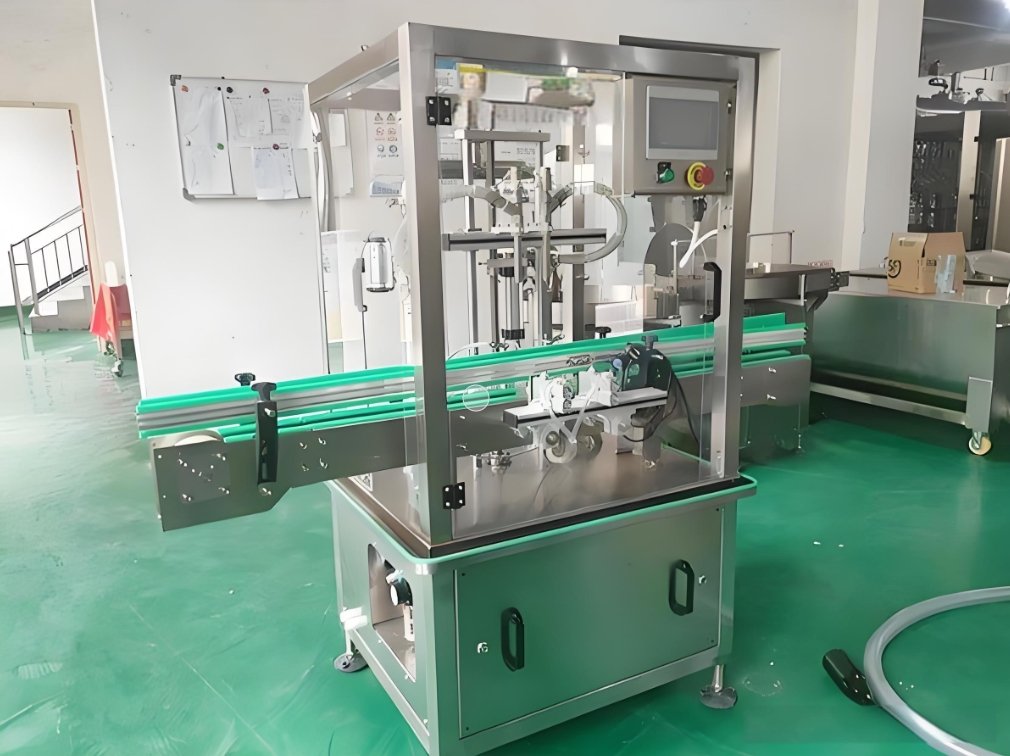
Pharmaceutical manufacturing is a highly regulated industry. One critical component in this process is the filling machine. These machines handle the precise filling of liquid medicines, tablets, and other pharmaceutical products. To ensure patient safety, the U.S. Food and Drug Administration (FDA) sets strict guidelines for automatic filling machines used in drug production.
In this article, we will discuss the FDA regulations surrounding filling machines in the pharmaceutical industry. Understanding these regulations is key to maintaining safety, quality, and compliance in production.
1. FDA’s Role in Regulating Filling Machines
The FDA is responsible for ensuring that pharmaceutical products are safe, effective, and high quality. As part of this effort, the agency oversees the equipment used in drug manufacturing, including automatic filling machines.
The FDA’s Good Manufacturing Practice (GMP) guidelines dictate how filling machines must operate in pharmaceutical production. These guidelines cover everything from the materials used to machine maintenance and cleaning.
2. Material Safety for Filling Machines
One of the most important FDA requirements for filling machines is that they are made from safe, non-reactive materials. This is especially important in the pharmaceutical industry, where chemical reactions could impact drug safety.
Automatic filling machines must be constructed using food- and drug-grade materials, such as stainless steel. The materials should be resistant to corrosion and easy to clean. This prevents contamination and maintains product integrity.
3. Sterilization Requirements
In pharmaceutical manufacturing, cleanliness is critical. The FDA requires that all parts of a filling machine that come into contact with the product be sterilized. This eliminates the risk of bacterial or viral contamination.
Sterilization procedures often involve using heat, steam, or chemical cleaning agents. Companies must follow strict protocols to ensure that every part of the automatic filling machine is sterilized between production cycles.
4. Accuracy in Filling Machines
Pharmaceutical products need to be precisely measured. Even a small error in dosage can lead to ineffective treatment or dangerous side effects. For this reason, the FDA requires that filling machines are calibrated to deliver exact amounts of product.
Automatic filling machines use sensors and advanced technology to ensure accurate dosage delivery. This includes filling bottles, vials, and syringes with the correct amount of medication every time.
Manufacturers must regularly check and recalibrate the machines to maintain accuracy. If a machine fails to meet FDA accuracy standards, it must be taken out of operation until the problem is corrected.
5. Cleanability and Design
The design of a filling machine is critical for ensuring easy cleaning and maintenance. FDA regulations specify that the machine should be designed to avoid any contamination risks. For example, the surfaces of the machine should be smooth and free of cracks. This prevents drug particles from getting trapped.
Parts of the automatic filling machine that come into direct contact with the pharmaceutical product should be easily accessible for cleaning. The machine should be easy to disassemble, allowing for thorough sanitation after each production run.
6. Validation of Filling Machines
Before a filling machine can be used in pharmaceutical production, it must be validated. Validation is a process that confirms the machine performs as expected and meets FDA standards.
Validation includes several steps:
- Installation Qualification (IQ): Ensures that the machine is installed correctly.
- Operational Qualification (OQ): Verifies that the machine operates within the defined parameters.
- Performance Qualification (PQ): Confirms that the machine consistently produces the desired outcome, such as accurate filling.
Only after validation can the automatic filling machine be approved for use in pharmaceutical production.
7. Documentation and Record-Keeping
FDA regulations require pharmaceutical companies to keep detailed records of machine maintenance, cleaning, and performance. These records are part of the company’s compliance documentation. They serve as proof that the filling machine operates according to FDA standards.
Documentation includes:
- Cleaning logs: To verify the machine has been sterilized between production cycles.
- Calibration records: To show that the machine’s dosage measurements are accurate.
- Maintenance records: To ensure the filling machine is functioning properly and safely.
In the event of an FDA inspection, these records will be reviewed to verify compliance.
8. Data Integrity in Automatic Filling Machines
Data integrity is a key concern for the FDA. Any data collected by the automatic filling machine must be accurate, secure, and traceable. This includes data on dosage amounts, machine performance, and product throughput.
Automatic filling machines often come with digital systems that monitor and record these metrics. Companies need to implement systems that ensure data cannot be tampered with or altered. This is critical for maintaining FDA compliance and ensuring the safety of pharmaceutical products.
9. Ensuring Compliance with FDA Regulations
To ensure compliance with FDA regulations, pharmaceutical companies need to follow several key steps when using filling machines:
- Regular Maintenance: Performing routine checks and servicing the machine to prevent mechanical issues.
- Calibration: Ensuring the machine delivers precise dosage amounts by regularly calibrating sensors and measurement tools.
- Sterilization: Following strict cleaning procedures to sterilize the machine between each production cycle.
- Training: Providing operators with proper training to use the machine in compliance with FDA standards.
By following these steps, companies can ensure that their filling machines meet FDA regulations and produce safe, effective pharmaceutical products.
10. Technological Advancements in Filling Machines
New advancements in automatic filling machines are helping pharmaceutical companies stay compliant with FDA regulations. These advancements include automated cleaning systems, which reduce the risk of human error during sterilization.
In addition, many machines now come equipped with advanced sensors that monitor performance in real time. These sensors can detect issues like incorrect dosage or contamination, allowing operators to address problems before they affect production.
FDA regulations play a critical role in ensuring the safety and effectiveness of pharmaceutical products. For companies using filling machines, compliance with these regulations is essential. From material safety and sterilization to data integrity and machine accuracy, every aspect of the automatic filling machine must meet FDA standards.
By staying up to date with FDA guidelines and regularly maintaining their machines, pharmaceutical companies can avoid compliance issues and deliver safe, high-quality products to patients. Investing in compliant filling machines not only protects consumer health but also ensures the long-term success of the business.



